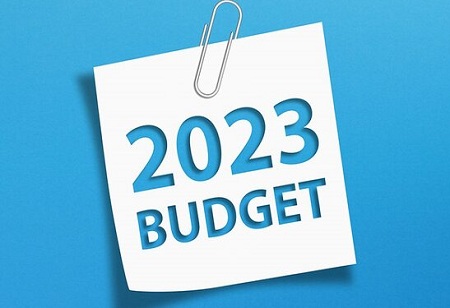The budget announced plans for new facilities and the intention to require natural gas marketers to sell biogas, which will result in an expansion of the compressed biogas (CBG) industry in the nation.
In her budget statement, finance minister Nirmala Sitharaman stated, "In due time, a 5 percent CBG mandate will be adopted for all firms marketing natural and biogas." India plans to replace some of
its imports with indigenous biogas because it imports roughly half the natural gas it uses. With 31 CBG facilities currently in operation and around 100 retail locations selling biogas, recent policy changes have helped to revitalise the industry.
A central excise duty exemption for CBG that is combined with natural gas has also been included in the budget. When enterprises blend compressed biogas (CBG) with natural gas (CNG) for further sale, they must also pay central excise duty because natural gas is not subject to the goods and services tax (GST), even if CBG is. Due to this, there is double taxation, a problem that the budget seeks to fix. The blended CBG is now offered in 12 city gas licencing zones. More CBG plants are coming, according to Sitharaman.
"Under the GOBARdhan (Galvanizing Organic Bio-Agro Resources Dhan) project, 500 new 'waste to wealth' plants will be created to encourage circular economy. There will be 300 community-based or cluster-based plants, 200 compressed biogas plants, 75 of which would be in metropolitan areas, and a total of 10,000 crore rupees in investment.
